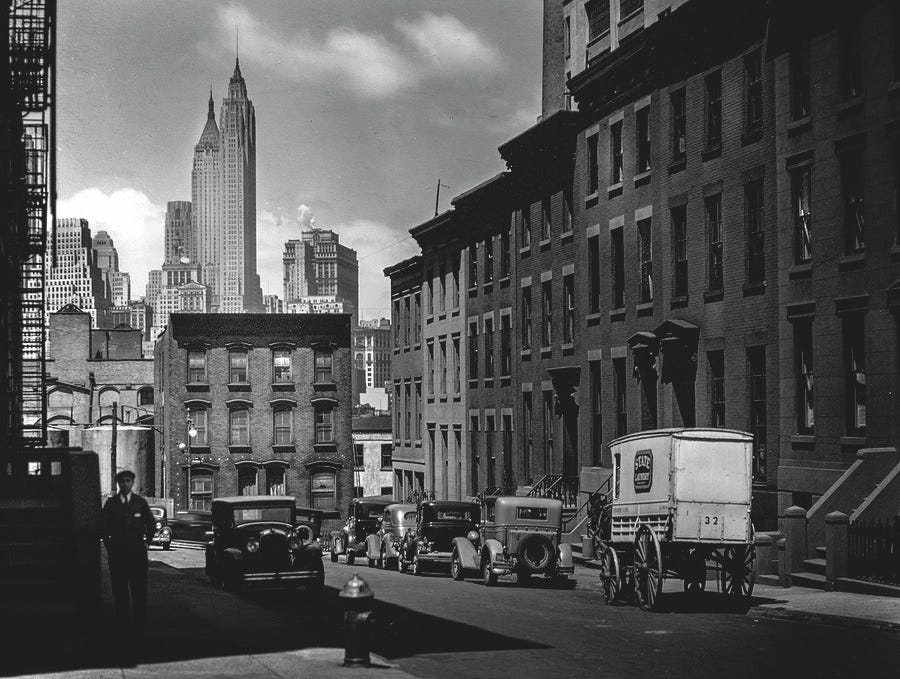Access to information is the most important variable for understanding every crisis
You've been told that history repeats itself, but there is more to that phrase than meets the eye.
I’ve been away from the newsletter for a while. There has been plenty of news to discuss, but the weekly recaps were making me fall victim to the short-term thinking that this project is designed to push against. In terms of nuanced article reviews, I think a monthly cadence makes more sense. For now, I wanted to share a short framework that I’ve been considering against the backdrop of the last few weeks.
I like to take a historical view of things. It keeps me away from doomerism to remember that humanity has gone through many terrible, frightening events and come out the other side. However, if you lean too hard in this direction, it becomes easy to unwittingly disconnect from the current moment. A balanced point of view becomes more important now, especially when we think about the latest geopolitical escalation, the looming China-Russia alliance, the collapse of Silicon Valley Bank, or whatever else happens tomorrow in this rapidly changing world. The end of history is a myth, and we are living through a fascinating moment in time.
One way that I try to recalibrate away from an overly historical view is to think about what is different this time, really? It’s not human nature, we’ve been this way forever. It’s not capitalism or excess corruption or greed, none of that is particularly new. We could say it’s technology, but what I’d rather discuss today is what that technology allows for. The rapid spread of information.
Every crisis rhymes with the past, but the rate of information spread is increasing
Information is ultimately how all types of people learn about an event, topic or issue. It doesn’t matter if you’re a day laborer or a billionaire, your view of things is dictated by how, when and where you consume information. In the Internet era, this is happening faster and faster, creating butterfly effects throughout our economy, our culture, and even among friends and family. We have had plagues, wars, bank runs, recessions, cultural flashpoints and political unrest. None of this is new in the arc of human history. What is new, however, is how you learn about it and what you do next based on that information.
For instance, did Twitter create the SVB bank run? In the Great Depression, we had bank runs, but just think of how different that process was! Many people wouldn’t even have known to get their money out, or to get their money out of similar banks that may be at risk, or to purchase gold and bury it in their yard. What would they have done if they had access to our level of information? How would the world have changed?
I don’t want to ramble on with more examples, because there certainly are many. When you read that this “has all happened before,” that is certainly true. The variable that’s worth thinking about is how you gained useful information and what you choose to do with it. We don’t know how the rapid spread of information over the last 50 years will change the outcome of future events where there is a historical precedent.
When we think about the information we consume today, it’s easy to be overwhelmed or desensitized, but that information can be a gift. One that our ancestors did not have access to. There are certainly falsehoods to watch out for, misinformation and propaganda among them, but it is also the democratizing force that enables change.
When we think about the information we consume today, it’s easy to be overwhelmed or desensitized, but that information can be a gift.
The optimistic framework that I place this in is simple. Humans are rational beings. Emotional, of course, but also rational. Spread of information is how the rational become better at disseminating the world, but also how the emotional can be driven to do terrible or awe-inspiring things.
So, as we read more alarming and consequential stories over the next few months, think about how that information spreads, and it may give you an idea of what could happen next, even if we are indeed in uncharted waters.

